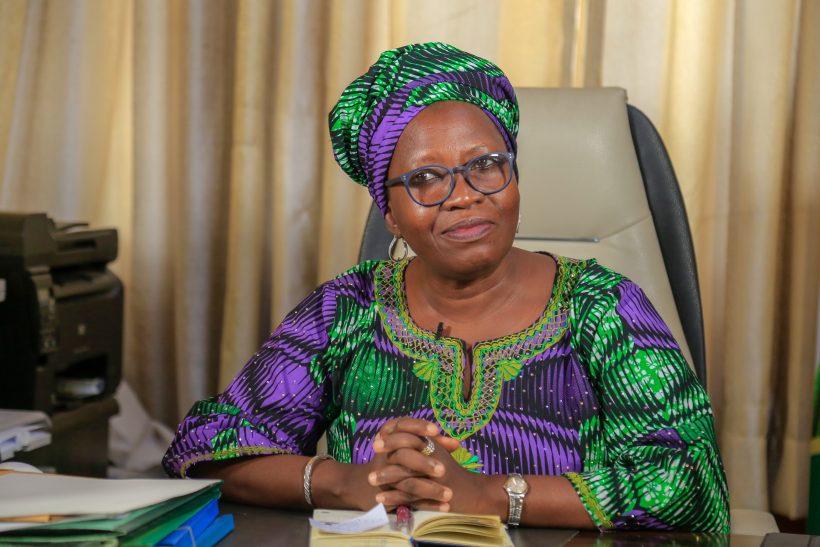
Africa’s average periodic Gross Domestic Product growth has constantly outpaced the global norm. By 2023, it is expected to remain at least six percent, but the yawning gender gaps in agricultural research have potentially dire consequences for the Continent’s agriculture and food security. According to an Oxfam International report, gender inequalities across agriculture, health, and other social determinants in Nigeria, the Continent’s most populous country, keep women down and restrain the country from nearing its massive potential.
Data from the Women in African Agricultural Research Data Portal highlights the underrepresentation of women in agricultural research in Sub-Saharan Africa, including Nigeria. This gender gap has resulted in fewer women than men getting trained and employed in agricultural sciences. Additionally, where employed, the female researchers are often young and less qualified than their male colleagues. Moving to bridge this gap, the Nigerian Government launched the National Gender Policy in Agriculture in 2019 to reduce gender biases in the agricultural sector and address the country’s unequal gender power relations in agricultural research and development.
With a footprint of over 290 AWARD Fellows, Mentors, and Fellow’s Mentees in Nigeria, AWARD is continuously partnering with select institutions to position gender responsiveness as integral to advancing scientific agricultural research in the country. Since 2017, through our Gender Responsive Agricultural Research and Development (GRARD) initiative, we have partnered with Nigeria’s Federal University of Agriculture, Abeokuta (FUNAAB), to prioritize and embrace gender responsiveness in policy and practice as part of an organizational change process. The AWARD-FUNAAB partnership has delivered a series of capacity-building interventions that have directly benefited 142 (68 female and 74 male) staff at the institution through our signature leadership skills course, mentoring program, and scientific writing course.
This video documentary features our partnership with FUNAAB. Professor Bolanle Akeredolu, the Academic Deputy Vice-Chancellor FUNAAB, singles out AWARD’s mentoring initiative as a career catalyst that has increased staff confidence.
Professor Petra Abdulsalam, a Lecturer at FUNAAB and a 2009 Fellow, highlighted the leadership roles of AWARD Fellows within the institution and how they have initiated the institutionalization of AWARD’s mentoring program. She noted that mentoring increased staff interaction, mutual learning, and sharing experiences across the university.
FUNAAB’s commitment to ensuring gender responsiveness becomes an embedded cultural norm and practice across the institution is a motivation for AWARD to continue intensifying institutional engagement across Africa.
In the words of António Guterres, Secretary-General of the United Nations, “It is time to stop trying to change women and start changing the systems that prevent them from achieving their potential.”
Through GRARD, AWARD supports African Agricultural institutions to grow their ability to conduct more inclusive research and strengthen the prioritization of gender and diversity in the workplace and the overall research process from design to implementation and dissemination.
